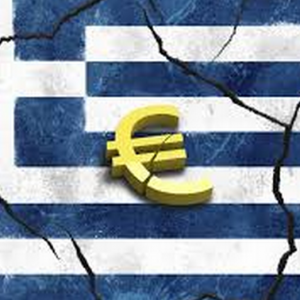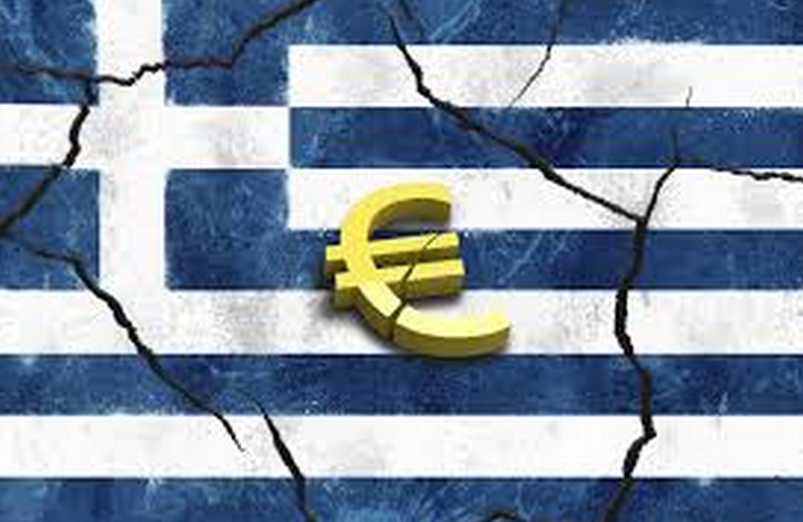aNewDomain — The votes are in. Greece has handed a resounding rebuke to austerity measures imposed by the world banking community and the European Union (EU) in Sunday’s much-anticipated referendum.
— The votes are in. Greece has handed a resounding rebuke to austerity measures imposed by the world banking community and the European Union (EU) in Sunday’s much-anticipated referendum.
The six-month old socialist government of Alexis Tsipras was careful to emphasize that this vote, which he campaigned for against the express wishes of the leaders of other European nations, does not mean an end to negotiations with the International Monetary Fund, the European Central Bank, or the European Union. But the vote certainly strengthens the Prime Minister’s hand in those talks.

But most of all, however, the prospective Grexit is about the morality of debt, and the perception of who holds the power in the debtor-debtee relationship.
Germany, which dominates the European Central Bank (their version of the Fed), has relentlessly insisted that Greece and the other struggling southern European states slash their social safety nets to fiscal solvency, or at least euro compatibility. This, as Krugman and others predicted, proved counterproductive. With Greek unemployment over 25% and underemployment many times higher than that, spending has all but ceased, replaced by a barter economy in many places. The less government aid there is, the less people spend, the less businesses earn, the more people they lay off. It’s an austerity death spiral.
Germany’s Angela Merkel has couched this as a simple matter of reckless Greeks having gone on a spending spree that they must now pay for, and many of her fellow Germans agree with her. Greece, you see, is not a “virtuous” economy. Not like Germany.
Which may or may not be true.
What is true is that Merkel, like many Protestants of her ilk, fails to recognize that people who are owed money are not automatically dominant over those who owe it. Default hurts the deadbeat — but it also hurts the schmuck holding the now-worthless IOU. It is important, therefore, for lenders not to push borrowers too far…which is exactly what has happened in Greece.
Regardless of where you stand on this (pardon me) Greek tragedy (or farce), there is a detail that galls many Greeks, yet which has remained largely unreported by the American business press.
“Greece owes various European bodies a combined 240 billion euros across two bailouts extended by the International Monetary Fund, the European Commission, and the European Central Bank,” The Christian Science Monitor reported three months ago.
 But Germany destroyed massive amounts of infrastructure during World War II — and looted the nation’s Treasury. The Greek government estimates that Germany owes it 279 billion euros for the damage.
But Germany destroyed massive amounts of infrastructure during World War II — and looted the nation’s Treasury. The Greek government estimates that Germany owes it 279 billion euros for the damage.
Greece doesn’t have a legal leg to stand on. But the morals, and the optics … yeah, those play well in a country where history isn’t an abstraction — it’s the main tourist attraction.
Unlike the Western financial media, Greeks remember the 1953 London Agreement, under which West Germany was forgiven massive amounts of debts it owed to foreign nations — including Greece — in order to allow it get its economy going again without a crippling debt burden.
Germany benefited from international largesse, but now that it enjoys a dominant role in the world again, it’s playing the hardass. The Greek vote showcases the limitations of hardassery.
Image of Alexis Tsipras: “Alexis Tsipras in Moscow 2” by Kremlin.ru. Licensed under CC BY 3.0 via Wikimedia Commons.
Cover image: openeurope.org.uk













